![]()
By Gypsy Blue Rose

| Author Note: | all senryu are 17 syllables or less |
I come to you at night,
parting blue shadows —
the moon rests on our skin
your desire
ripples up my thighs—
fluttering in hidden places
I love you with ache,
sweetness, and flame—
unlike any other
I longed for you
throughout time ... life after life—
your soul is my beacon
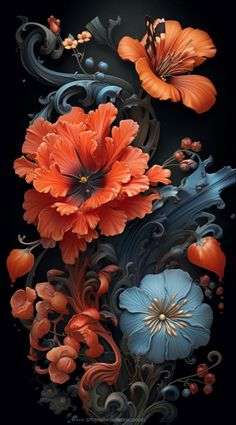
| Author Notes |
SENRYU is a Japanese short unrhymed poem that uses imagistic language to express the essence of a deeply felt moment in time. Unlike Haiku, senryu is about human nature and doesn't need a season word. It resonates on a deeper level, leaving the reader enlightened and making an insightful connection between the top two lines and the last one, called the SATORI. It's written in 17 syllables OR LESS and three lines.
Thank you very much for reading and reviewing my poems. Gypsy "Poetry heals the wounds inflicted by reason." - Novalis pictures from my Pinterest account |
![]()
By Gypsy Blue Rose

| Author Note: | poem in black font in my author notes |
I learned long ago
it’s true what they say
about “a broken heart”
or “a heartache”
it’s more than just words
it does hurt like hell
as a dagger through the chest
it’s an unbearable pain
I sit with my companion
the lonesome moon
waiting for the sun
to thrust the night away
I know how it feels
when the heart breaks

| Author Notes |
Thank you very much for taking the time to read and review my poem. It was inspired by Chilian poet, Pablo Neruda.
THE POEM IN BLACK FONT I learned long ago it's true what they say about 'a broken heart' or a 'heartache' it's more than just words it does hurt like a dagger through the chest it's an unbearable pain I sit with my companion the lonesome daybreak waiting for the sun to thrust the moon away I know how it feels when the heart breaks Gypsy pictures from my Pinterest account |
![]()
By Gypsy Blue Rose


| Author Notes |
free verse no punctuation or capital letters
Inspired by Chilian poet, Pablo Neruda Thank you for reading my poem. Gypsy pictures from my pinterest account |
![]()
By Gypsy Blue Rose

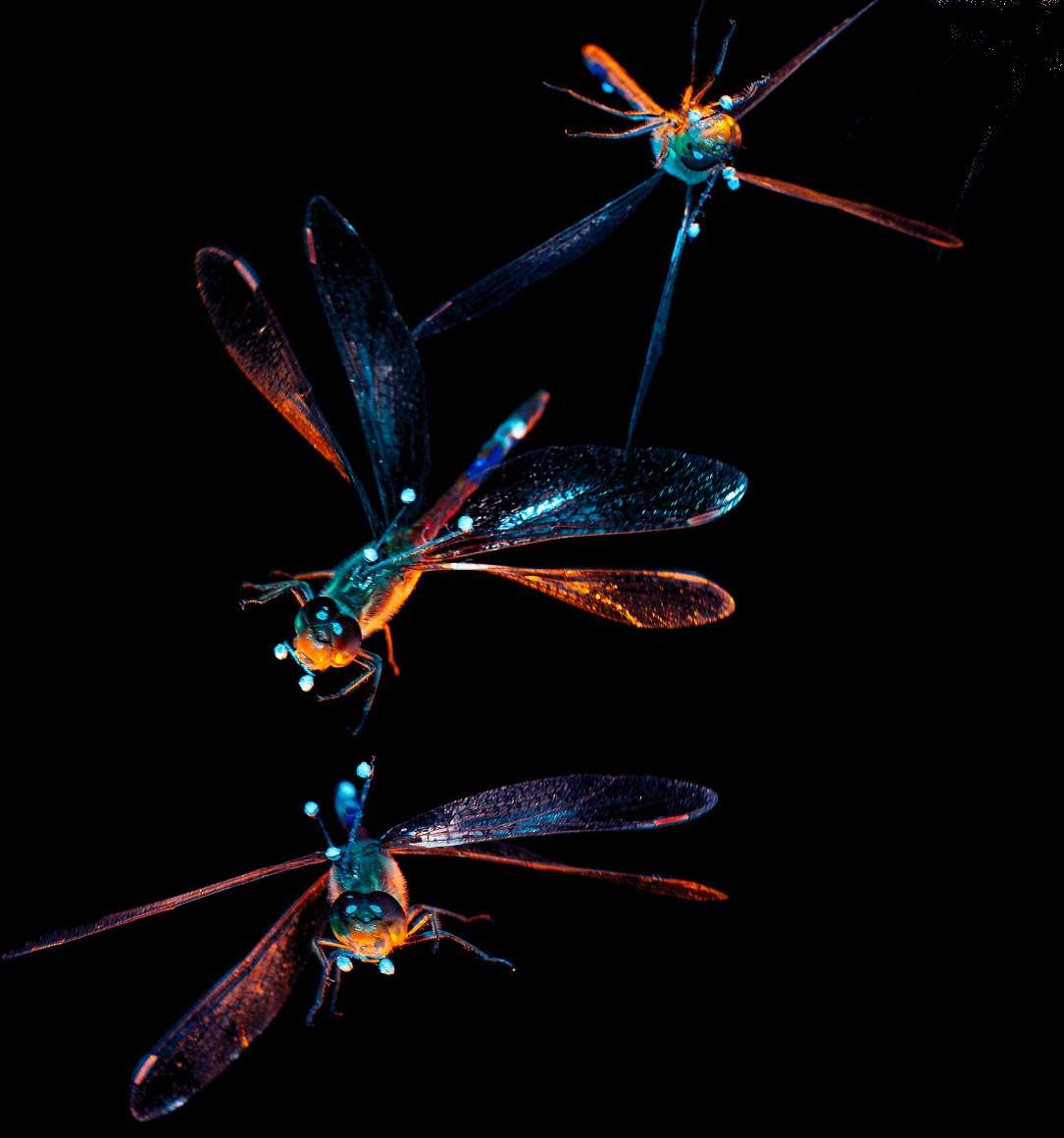
| Author Notes |
susurros = whispers
Gogyohka is a five-line free-style Japanese poetic form with no strict rules on syllable count but as brief as possible. Any theme. Lines are grammatically connected. Alliteration, personification, and metaphor are okay but never rhyme. Japanese poets have written gogyohka since the 1910s. However, they did not name the form until 1983 by poet Enta Kusakabe. === source = writers digest ===source=wikipedia Thank you for taking the time to read and review my poem. Gypsy "Poetry heals the wounds inflicted by reason." - Novalis pictures from pinterest |
![]()
By Gypsy Blue Rose
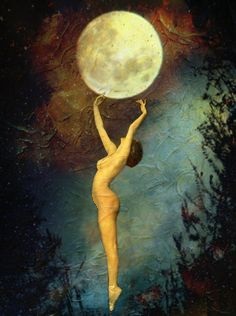
| Author Note: | Painting By Edward Eggleston |
reaching for the moon
I lost sight
of stars in your eyes

| Author Notes |
Lune means Moon in Latin
a Lune is a simple and fun form of poetry to write. It has 5/3/5 syllables. Rhymes are fine but not required. The subject matter is open. Robert Kelly invented this poetic form. Painting By Edward Eggleston Thank you for reading and reviewing my poem. Gypsy |
![]()
By Gypsy Blue Rose






| Author Notes |
Yamato uta is a Japanese poetry form written in FREE VERSE which means no rules or rhyme and it can be as long as you like. Poets created THE YAMATO UTA POEM during the Heian Period 700 century. Yamato-uta are composed of many words born from people's hearts, as leaves grow from seeds. People use these words to express their thoughts about what they see or hear. click here if you want to read more
Thank you very much for reading my poem, Gypsy |
![]()
By Gypsy Blue Rose

| Author Note: | Happy Easter Sunday! |
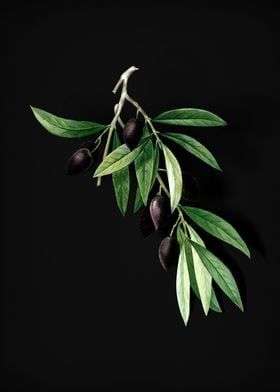
| Author Notes |
Happy Easter Sunday!!!
Easter or Resurrection Sunday, is a holiday celebrating the resurrection of Jesus from the dead, it occurred on the third day of his burial after his crucifixion by the Romans at Calvary c. 30 AD If you want to join the Japanese Poetry Club, click on the link below and look for the Japanese Poetry Club from the list of clubs. Everyone is welcome. You don't need to be an expert, it's a good place to learn how to write Japanese Poetry. Mount Everest, is a mountain in Asia, on the boundary between Nepal and Tibet, in the Himalayas: the highest mountain in the world. 29,028 feet (8,848 meters). Yamato uta is an unrhymed FREE VERSE of Japanese poetry. FORM: Free verse means there are no rules, the poem is not rhymed and it can be as long as you like. Poets created THE YAMATO UTA POEM during the Heian Period 700 century. As with all Japanese poetry, keeping it as brief as possible with word imagery, is easy to visualize. Most are about nature but you can use any subject you like. Thank you very much for reading my poem, Gypsy pictures from my Pinterest account -- The top picture is Jesus Christ; the bottom picture is an olive tree branch. Olive Trees signify fruitfulness and ability to thrive ( Psalm 52), and children are described as vigorous young olive trees ( Psalm 128:3 ). |
![]()
By Gypsy Blue Rose

| Author Note: | If You Would Like To Join the Japanese Poetry Club, please check my author notes |

| Author Notes |
free verse in lower case without punctuation
Yamato uta is a Japanese poetry form written in FREE VERSE which means no rules or rhyme and can be as long as you like. Poets created THE YAMATO UTA POEM during the Heian Period 700 century. "Yamato-uta is composed of many words born from people" hearts, as leaves grow from seeds. People use these words to express their thoughts about what they see or hear. click here if you want to read more thank you very much for reading my poem, gypsy pictures from my Pinterest account |
![]()
By Gypsy Blue Rose

gazing at Venus tonight
I thought about you—
my raging passion
was weaved with the storm’s
lightning and thunder

today, at the shore,
I watched you ride the waves—
balanced
on top of the world
your body shining in the sun

| Author Notes |
TANKA has its seeds in the human heart and mind. It grows into the myriad leaves of words and phrases expressing what the poet thinks and feels in her or his heart. Tanka are beautifully lyrical and they are often about love, loss, longing, and similar aspects of our emotional lives.
Tanka originated in the imperial court where men and women exchanged tanka poems after a night together. The poems were deeply passionate. Women poets were committed to a life of both religions consciousness and erotic intensity. Pivot lines are feature of Japanese tanka and are often a feature of in English tanka, but it√?¬¢??s not necessary. A pivot line, is usually written on line 3, can be read sensibly with lines 1 and 2, and lines 4 and 5, a property that can be used to introduce ambiguity and resonance into the poem. * click here if you want to read modern tanka examples * click here to join the Tanka Society of America * click here if you want to read modern tanka rules Thank you very much for your time and kind review. Gypsy "The poet waits quietly to paint the unsaid. pictures from my Pinterest account |
![]()
By Gypsy Blue Rose

| Author Note: | poem in black font in my author notes |

red leaves wave goodbye
to my trees' bare boughs—
they remind me of you
and I wish you could see
my scarlet longing

raging autumn wind
carries crimson leaves to my door—
relentlessly
I yearn to embrace your love
and never let it go
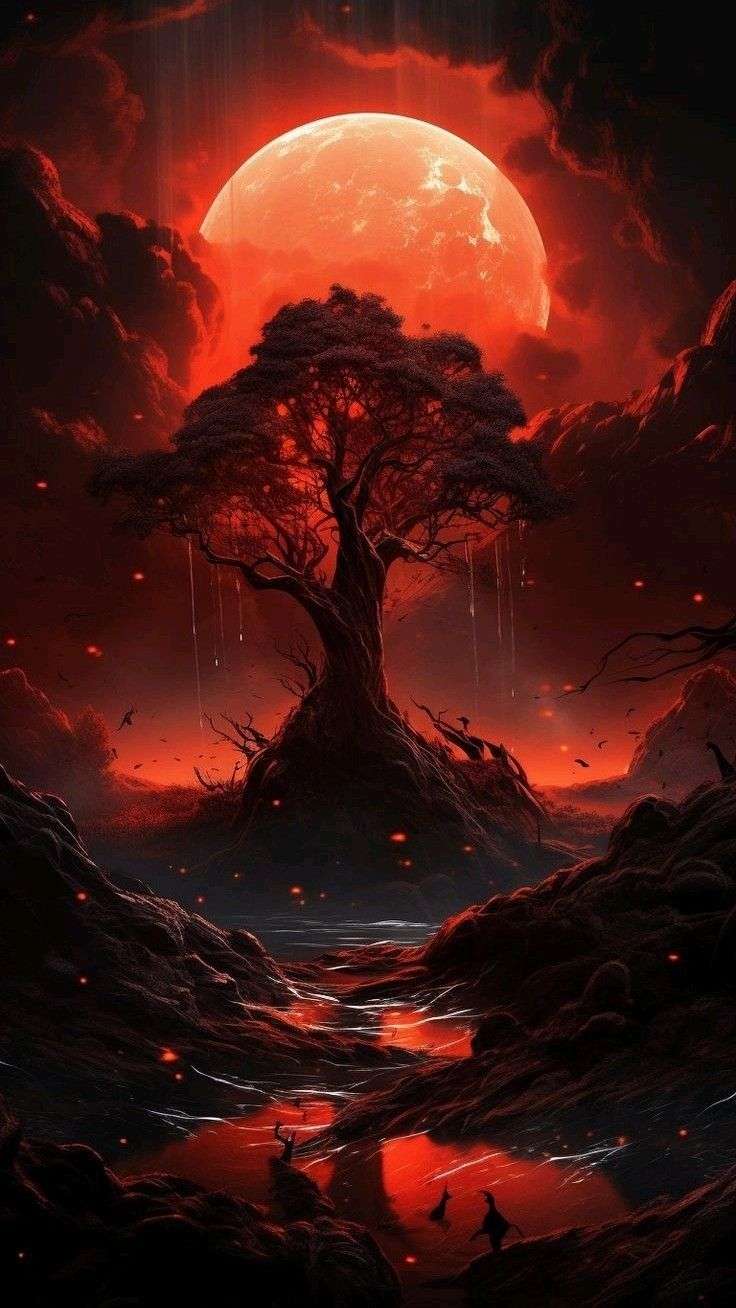
| Author Notes |
In Japan's Imperial Court, where lovers exchanged Love Tanka poems after a night together. Originated in the 7th century.
The response tanka used elements or images from the first tanka poem. The first one is the lady's tanka, the second one is the man's response TANKA has its seeds in the human heart and mind. IT grows into the myriad leaves of words and phrases expressing what the poet thinks and feels in her or his heart. Tanka are beautifully lyrical and they are often about love, loss, longing, and similar aspects of our emotional lives, The poems are deeply passionate. Women poets were committed to a life of both religious consciousness and erotic intensity. Pivot lines are a feature of Japanese tanka and are often a feature of English tanka. A pivot line, is usually written on line 3 click here if you want to read modern tanka examples * click here to join the Tanka Society of America * click here if you want to read modern tanka rules Thank you very much for your time and kind review. Gypsy "The poet waits quietly to paint the unsaid. pictures from my Pinterest account POEM IN BLACK FONT red leaves wave goodbye to bare boughs of my oak tree they remind me of you I wish you could see my scarlet shade of longing raging autumn wind carries your leaves to my door relentlessly I yearn to embrace your love and never leave your side |
![]()
By Gypsy Blue Rose

Cillian called me from the garden and his voice pulled my heartstrings. His loving words engulfed me and I floated in surrender through his rapid waters of passion. I couldn't fight the current nor did I want to. He laughed and the music of his contagious laughter made my heart sing.
He didn't see me as I watched him from afar. As if feeling my intense stare he looked around, his gaze falling on me like a veil. It caressed my skin with a down feather.
Whenever he was around; my breath shortened, heat rose in my head and neck, and ripples surged through my thighs. I needed his touch. I was clay in his rough hands and my smooth body waited to be molded.
I looked skyward and the sun stealthily sneaked through my fingers. I stepped back into the trees parting blue shadows. I lay on plush grass and pulled him over me. Between our legs were the beginning and the end, the alpha and the omega, the door to infinity. Our love was the creation of the universe and the creation of a grain of sand.
I looked deeply into his eyes. They were the most remarkable thing, black as a starless night where a fire burns. We kissed and our souls mingled. His mouth was summer’s ripe fruit, my hunger for him was unquenchable.
He took me into the temple of his familiar that contained his interleaved stories and I took him into mine. We knew each other in a way nobody else could. Having shared our stories, we shared our bodies with tantric love. I lost myself in his embrace. All I wanted was to please him as much as he pleased me. My thoughts floated in the river of life and were all about him. I loved him but it wasn't just love flowing through me, it was a sea of longing. I loved others but not the way I love Cillian, not with ache, sweetness, and flame. He had placed his hand on my latch and I was flung wide-opened.
When you love you remember everything, the way his eyes rested on me for the first time, and the sound of his voice on my skin. The thought of him made me excited, it felt like a diving bird in my belly. I will love him my whole life and I will search for him in the next one.
| Author Notes |
- The passage of creation is not the creation of God, it's just a metaphor of being deeply in love.
- Diving birds that plunge into the water to catch fish or other prey. - Tantric lovemaking takes time. It's done without ego, with each partner learning to accept and receive. The methods learned and used in Tantric sex provide sensations and sexual pleasure that are far more intense and complex than just a simple orgasm -the Temple of My Familier is a novel by Alice Walker. |
![]()
By Gypsy Blue Rose

l i t t l e e l e p h a n t
contemplating the crescent moon—
w i t h h e a v y t h o u g h t s

| Author Notes |
Contemporary Haiku is a Japanese short unrhymed poem that uses imagistic language to express the essence of a deeply felt moment in time. It resonates on a deeper level, leaving the reader enlightened and making an insightful connection.The most common literary adaptation in English of haiku looks something like this: one to four lines, no strict syllable count but brief. These poems too utilize a caesura (dash before satori). Images need not be taken from nature, though they may be and often are. Seasonality is optional, though often featured. Here√???√??√?¬¢??s an example: in the woodpile the broken ax handle source
Thank you for reading and reviewing my poem Gypsy pictures from my Pinterest account |
![]()
By Gypsy Blue Rose

The sun shines outside but my home is dark and gloomy and my bedroom is a torture chamber. Every night I dread going to bed. I know sleep will not come easy.
snakes of light
slither through my window blinds —
darkness wins the fight
I stare at the ceiling that feels like the top of my coffin. Until a raging storm grows in my chest and I get up before my heart explodes. I pace my bedroom floor back and forth like a tiger in a cage. It feels like I can't breathe and I am going to pass out. I panic and there is no one with me, only God, my quiet and loving companion.
fierce beast
devours flesh and bones —
spits out a tender heart
The morning comes and I dread getting out of bed to start another worthless day. Nothing sounds like fun. I look through a sliver of opened window blinds and I feel disconnected, life marches on.
sunrise came and went
without me —
daybreak misses me
Family and friends tell me to get over it, it's all in my head, just be positive. But their words are vacuous and float past my head. Nothing seems worth doing and darkness fills my days.
in a sea of despair,
an empty boat
is full of broken dreams
I beg my doctor to change my medication but she refuses to adjust them. I look at a fist full of pills, seducing me to end the pain.
I grasp God’s hand and we face another day.
| Author Notes |
*** 988 *** Suicide Prevention and Crisis Line
I am bipolar with long depression episodes and short manic episodes. I also have severe panic attacks. When I was younger I refused to take medication so life was a rollercoaster, as I have gotten older I decided to reach out for help. Life is good. With medication, bipolar people can live normal lives. I don't seek pity, I share my experiences with this illness in case there is someone out there who needs help. It gets better. vacuous = empty; without contents HAIBUN is a Japanese poetic form that combines prose and haiku. TENSE: present or past SUBJECT MATTER: autobiographical, travel journal, slice of life, memory, dream short sketch of a person, place, and event. TOPICS: life as a journey, love affairs, illness, human concerns & experiences POINT OF VIEW: first person (everything seen through the author's eyes), third person (he/she) TONE sets a mood, often interrupted by the haiku SENSORY: uses imagery, sensory, concrete details, no abstractions FOCUS on one or two elements LANGUAGE uses language to suit the subject matter and mood (colloquial, formal, dialect) LENGTH: varies from very brief (1-2 sentences) with one haiku, to long prose entries with interspersed haiku, to memoir-length works Styles Haiku/prose Prose/haiku Haiku/prose/haiku, Prose/haiku/prose/haiku/prose/haiku etc. PROSE tells the story, gives information, defines the theme, creates a mood through tone, provides a background to spotlight the haiku HAIKU: moves the story forward, takes the narrative in another direction, adds insight or another dimension to the prose, resolves the conflict in an unpredictable way, or questions the resolution of the prose. Prose is the narrative and haiku is the revelation or the reaction. Guidelines for Writing Haibun in English by Margaret Chula click here to read guidelines for writing haibun for Haibun Today examples and more information click here for wikipedia definition click here for Graceguts- more information click here click here for a pdf file of guidelines Thank you very much for reading and reviewing my poem, Gypsy pictures from my Pinterest account |
![]()
By Gypsy Blue Rose


| Author Notes |
Forget-me-nots are flowers, see bottom picture.
TANKA has its seeds in the human heart and mind. It grows into the myriad leaves of words and phrases expressing what the poet thinks and feels in her or his heart. Tanka are beautifully lyrical and they are often about love, loss, longing, and similar aspects of our emotional lives, The poems are deeply passionate. Women poets were committed to a life of both religious consciousness and erotic intensity. Pivot lines are a feature in Japanese tanka and are often a feature of English tanka. A pivot line, is usually written on line 3 click here if you want to read modern tanka examples * click here to join the Tanka Society of America * click here if you want to read modern tanka rules Thank you very much for your time and kind review. Gypsy "The poet waits quietly to paint the unsaid. pictures from my Pinterest account |
![]()
By Gypsy Blue Rose


| Author Notes |
Contemporary Haiku is a Japanese short unrhymed poem that uses imagistic language to express the essence of a deeply felt moment in time. It resonates on a deeper level, leaving the reader enlightened and making an insightful connection.The most common literary adaptation in English of haiku looks something like this: one to four lines, no strict syllable count but brief. These poems too utilize a caesura (dash before satori). Images need not be taken from nature, though they may be and often are. Seasonality is optional, though often featured. Here√¢??s an example: in the woodpile the broken ax handle source
Thank you for reading and reviewing my poem Gypsy pictures from my Pinterest account |
![]()
By Gypsy Blue Rose


while
a blaze of yellow dips behind the hill
and grains of darkness float in the air
dusk rises faithfully
across fields of burnt amber

in the darkness of my room
He gathers me tenderly
in His warm embrace
with unspoken revere
I feel loved
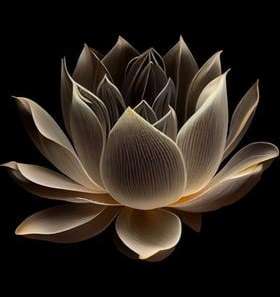
| Author Notes |
Gogyohka is a five-line free-style Japanese poetic form with no strict rules on syllable count but as brief as possible. Any theme. Lines are grammatically connected. Alliteration, personification, and metaphor are okay but never rhyme. Japanese poets have written gogyohka since the 1910s. However, they did not name the form until 1983 by poet Enta Kusakabe. === source = writers digest ===source=wikipedia
Thank you for taking the time to read and review my poem. Gypsy pictures from my Pinterest account |
![]()
By Gypsy Blue Rose
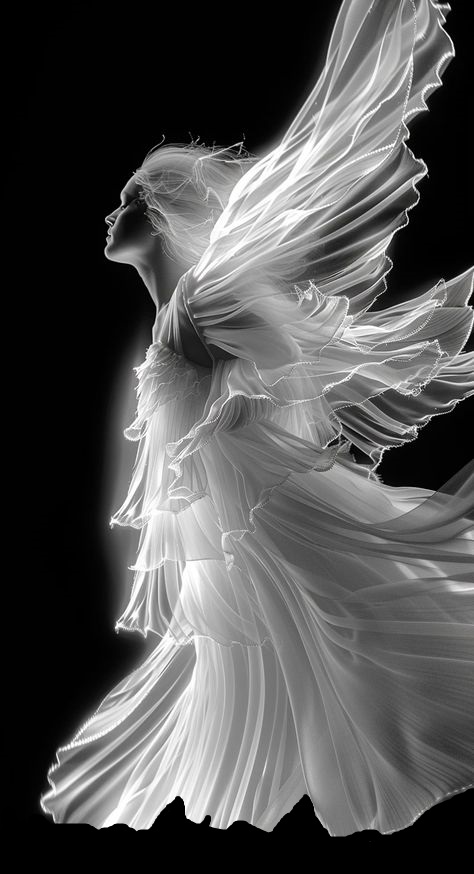
I can write
the saddest poem tonight,
such as the luminous stars
tremble from afar
and the winter wind weaves
songs of woe throughout the land

I can write
the saddest poem tonight,
I loved him
and sometimes he loved me back
during nights like tonight
he embraced me tight

I can write
the saddest song tonight,
how could I not love
his beautiful cerulean eyes
intensely fixed
on my soul and mind

I can write
the saddest poem tonight,
such as I don’t have you
by my side
knowing all we lost
and that we'll always be apart

I can write the saddest song tonight

| Author Notes |
- low cap with no punctuation
- Inspired by Chilian poet, Pablo Neruda - cerulean is a shade of blue Thank you for reading and reviewing my poem. Gypsy pictures from my Pinterest account |
![]()
By Gypsy Blue Rose

embraced by warm winds
I watch daybreak in your eyes –
tangled up in love

| Author Notes |
Thank you for reading and reviewing my poem.
Gypsy pictures from my Pinterest account |
|
You've read it - now go back to FanStory.com to comment on each chapter and show your thanks to the author! |
![]()
| © Copyright 2015 Gypsy Blue Rose All rights reserved. Gypsy Blue Rose has granted FanStory.com, its affiliates and its syndicates non-exclusive rights to display this work. |
© 2015 FanStory.com, Inc. All Rights Reserved. Terms under which this service is provided to you. Privacy Statement